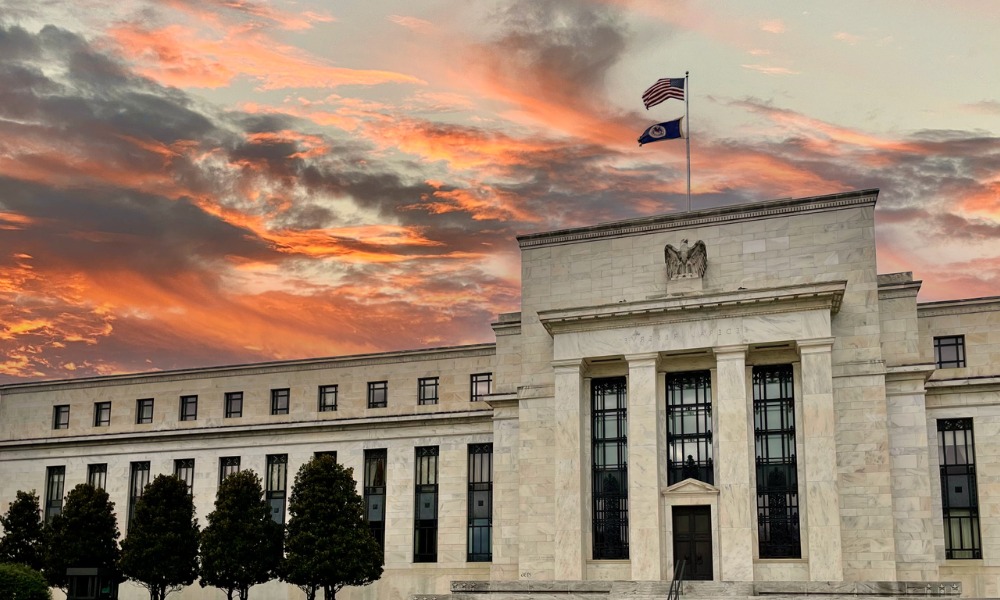

The Federal Reserve’s expected rate cuts this week won’t provide much relief to homebuyers facing high borrowing costs, according to Gary Cohn, who served as chief economic adviser to former President Donald Trump.
“Unfortunately, I think those rates have already priced in what the Fed is going to do,” Cohn said Sunday on CBS’s Face the Nation. “I do not see a major impact to the mortgage market or credit-card financing or anything else by the Fed starting to drop rates this week.”
Policymakers are widely predicted to begin easing rates in their September meeting, as the US economy begins showing signs of weakness.
Measures of inflation have cooled, but home prices are still more than many Americans can afford, especially with high borrowing costs. The average for a 30-year, fixed loan is currently 6.2%, down from 6.35% a week earlier, according the most recent Freddie Mac data.
Cohn, now vice chairman at International Business Machines Corp., said consumers are under “enormous pressure” with delinquencies in credit cards ticking higher.
“We’re starting to see softness in the economy, softness in the job market,” said Cohn, who was president and chief operating officer of Goldman Sachs Group Inc. before running the National Economic Council under Trump.
A New York Fed report released last month showed that the share of auto-loan balances and credit-card debt becoming newly delinquent were the highest in at least a decade.

Canadian stocks are on a roll in 2025 as the country prepares to name a new Prime Minister.

Two C-level leaders reveal the new time-saving tools they've implemented and what advisors are doing with their newly freed-up hours.

The RIA led by Merrill Lynch veteran John Thiel is helping its advisors take part in the growing trend toward fee-based annuities.

Driven by robust transaction activity amid market turbulence and increased focus on billion-dollar plus targets, Echelon Partners expects another all-time high in 2025.

The looming threat of federal funding cuts to state and local governments has lawmakers weighing a levy that was phased out in 1981.
RIAs face rising regulatory pressure in 2025. Forward-looking firms are responding with embedded technology, not more paperwork.
As inheritances are set to reshape client portfolios and next-gen heirs demand digital-first experiences, firms are retooling their wealth tech stacks and succession models in real time.
